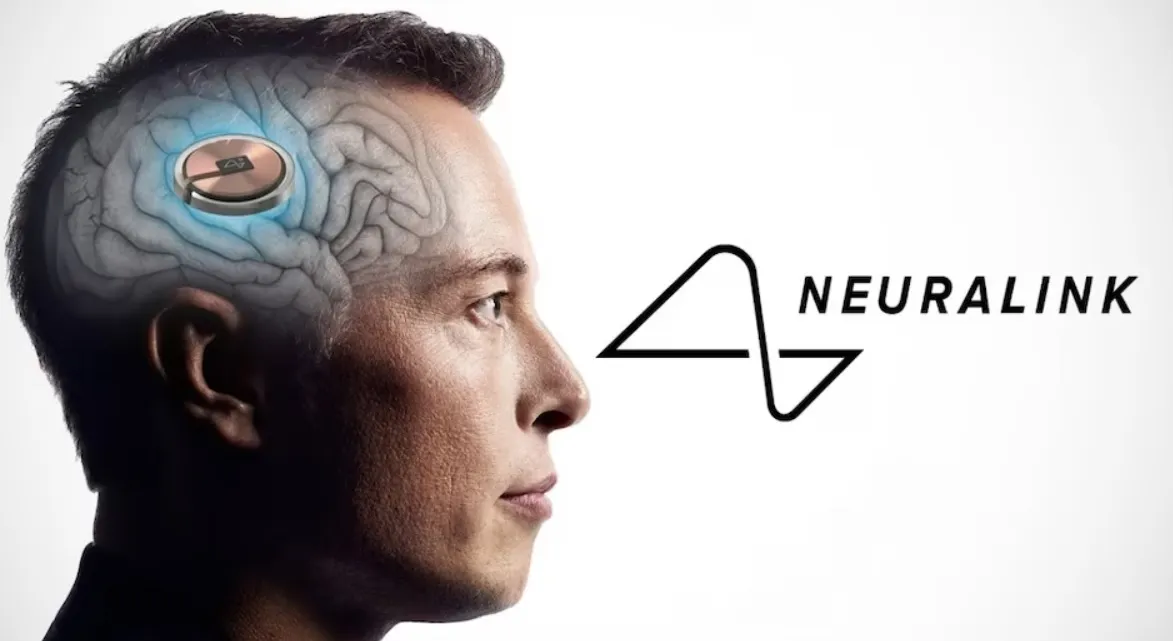- Neuralink receives FDA approval for human testing of its BCI prototype.
- Neuralink’s BCI aims to revolutionize medicine and therapy, from brain injury rehabilitation to the ability to “rewind memories or download them into robots.”
- Despite initial safety and design concerns, Neuralink has overcome obstacles and is preparing to take an important step towards a future where its technology can help improve the lives of many people.
The Food and Drug Administration (FDA) has granted approval to Neuralink, the company founded in 2016 by Elon Musk, to carry out human trials of its brain-computer interface (BCI) prototype called Link. This comes about a month after Elon Musk made a prediction about it.
Objectives of Neuralink and operation of the BCIs
Neuralink aims to commercialize the BCI in various medical and therapeutic applications, from stroke and spinal cord injury (SCI) rehabilitation, to the control of neural prosthetics, and even the ability to “rewind or download memories in robots.” Neuralink CEO Elon Musk had promised these capabilities in 2020.
The Brain-Computer Interface (BCI) translates analog electrical impulses from the human brain into digital signals understandable by computers. These impulses are monitored by thin, hair-like electrodes delicately inserted into the brain’s gray matter.
Because the installation of a BCI requires surgery to implant it in the patient’s head, the FDA, as the regulator of such technologies, requires rigorous safety testing before approving commercial use.
In March, the FDA initially denied Neuralink’s application to conduct human trials. This was reported to be partly due to test animals continuing to die after the BCI prototype was implanted in them. Additionally, the FDA had concerns about the design and functionality of the interface when implanted in humans.
Safety concerns and FDA approval
The FDA’s main safety concerns centered on the device’s lithium battery, the possibility of the implant’s tiny wires migrating to other areas of the brain, as well as questions about whether and how the device can be removed without damage brain tissue.
In March, these concerns were voiced on Reuters by current and former Neuralink employees. However, despite these concerns, Neuralink has finally obtained FDA approval to start its study.
Although Neuralink has received approval to begin human trials, the company is not looking for volunteers yet.
Neuralink’s tweet highlights the importance of this milestone, achieved thanks to the incredible work done by the Neuralink team in close collaboration with the FDA. This first step paves the way for your technology to help many people in the future.

